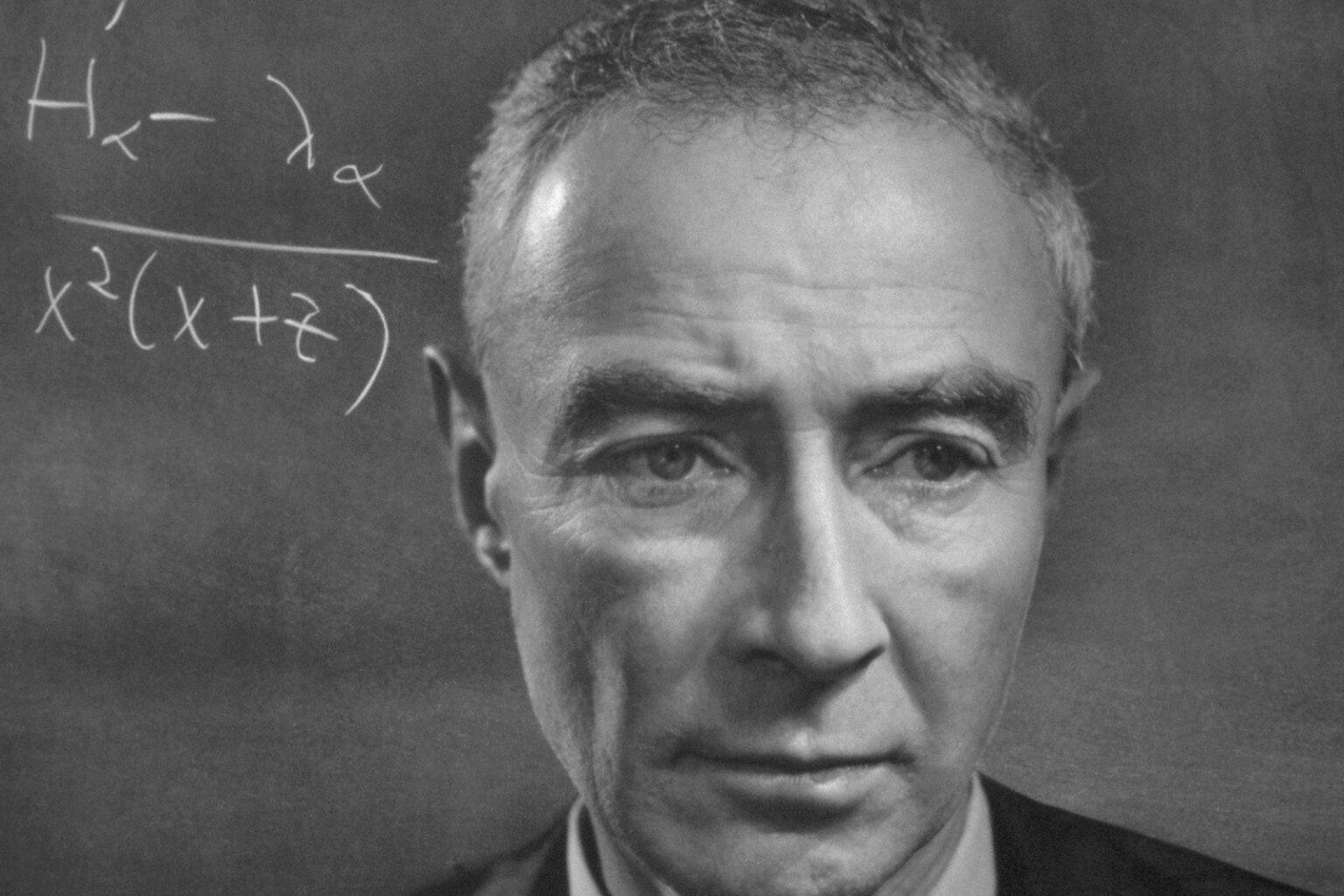In the realm of history and science, few figures stand out as prominently as J. Robert Oppenheimer. Known as the “father of the atomic bomb,” Oppenheimer’s groundbreaking work on the Manhattan Project not only altered the course of World War II, but also had far-reaching implications for the future of warfare. This article delves into the life and legacy of Oppenheimer, exploring how a man who became synonymous with death ultimately shaped the direction of modern warfare.
Oppenheimers Role in the Manhattan Project and the Creation of the Atomic Bomb
Oppenheimer, known as the “Father of the Atomic Bomb,” played a pivotal role in the Manhattan Project, a top-secret research and development project during World War II that produced the first nuclear weapons. His expertise in theoretical physics and leadership skills were instrumental in the successful creation of the atomic bomb, which would ultimately change the course of history.
Key Facts about Oppenheimer’s Role in the Manhattan Project:
- Oppenheimer was appointed as the scientific director of the Los Alamos Laboratory, where the atomic bomb was developed.
- He oversaw the design and testing of the bomb, ensuring its effectiveness as a weapon of mass destruction.
- Oppenheimer’s contributions to the Manhattan Project led to the successful detonation of the first atomic bomb in July 1945.
The Moral and Ethical Dilemmas Faced by Oppenheimer During and After the War
During and after World War II, J. Robert Oppenheimer found himself facing numerous moral and ethical dilemmas that would shape his legacy forever. As the scientific director of the Manhattan Project, Oppenheimer played a pivotal role in the development of the atomic bomb, a weapon that would ultimately bring an end to the war but also usher in a new era of destruction.
After witnessing the devastating power of the bomb unleashed on Hiroshima and Nagasaki, Oppenheimer famously quoted the Bhagavad Gita, saying “I am become death, the destroyer of worlds.” This moment marked a turning point in Oppenheimer’s life as he struggled with the implications of his work and the ethical considerations of using such a powerful weapon.
Oppenheimers Influence on the Development of Nuclear Weapons and Cold War Strategies
Oppenheimer, considered the “father of the atomic bomb,” played a pivotal role in the development of nuclear weapons during World War II. His leadership in the Manhattan Project led to the creation of the first atomic bombs, which were dropped on Hiroshima and Nagasaki in 1945. This marked the beginning of the nuclear age and forever changed the landscape of modern warfare.
Oppenheimer’s influence extended beyond the creation of nuclear weapons. He also had a significant impact on Cold War strategies, as policymakers looked to harness the power of atomic energy as a deterrent against potential adversaries. His insights into the potential consequences of nuclear war helped shape international relations during the Cold War era, with his work laying the foundation for arms control agreements and the concept of mutually assured destruction.
Examining Oppenheimers Legacy and Lessons Learned for Future Military Leaders and Scientists
Oppenheimer’s legacy as the “Father of the Atomic Bomb” looms large over both military history and scientific advancement. His pivotal role in the Manhattan Project, which led to the creation of the world’s first atomic weapons, forever changed the face of modern warfare. Despite his scientific brilliance, Oppenheimer also grappled with moral dilemmas and the ethical implications of his work, showcasing the complex interplay between innovation and responsibility.
For future military leaders and scientists, Oppenheimer’s story serves as a cautionary tale and a source of valuable lessons:
- Balance Innovation with Ethics: Striking a balance between scientific progress and ethical considerations is crucial to ensure that advancements in technology do not outpace our moral compass.
- Embrace Interdisciplinary Collaboration: Oppenheimer’s work involved collaboration between scientists, engineers, and military personnel, highlighting the importance of interdisciplinary teamwork in addressing complex challenges.
Final Thoughts
the complex legacy of J. Robert Oppenheimer serves as a reminder of the intertwined nature of scientific discovery and moral responsibility. As we continue to navigate the ethical challenges presented by technological advancements in warfare, it is crucial to reflect on the lessons of history and approach innovation with a thoughtful and conscientious mindset. Oppenheimer’s story serves as a cautionary tale of the consequences of unchecked scientific progress, while also highlighting the potential for transformative change when guided by a sense of humanity and compassion. Let us strive to honor his memory by carefully considering the implications of our actions and working towards a future where the pursuit of knowledge is always matched by a commitment to peace and justice.

